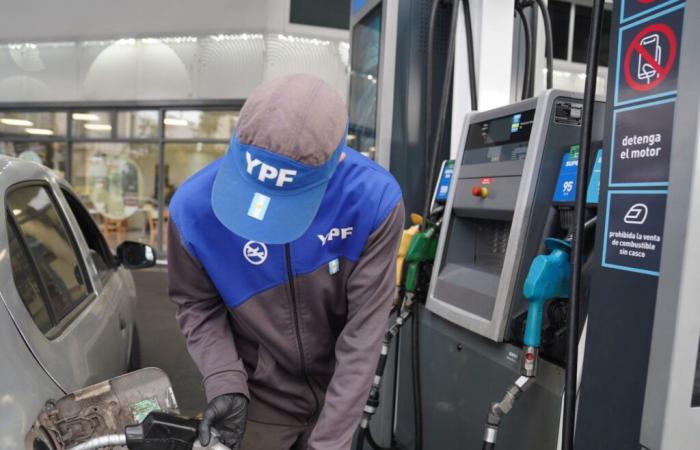This system is called “micropricing“And YPF’s management team thought about it, with its president and CEO, Horacio Marínat the head. The Real time Intelligence Center (RTIC) that will allow the company’s operations to be controlled in real time from its tower in Puerto Madero will be launched on June 23.
It will be the second real -time operations monitoring center of the company, which in December enabled the RTIC for Vaca Muerta. With that system, YPF controls its exploration and production activity –Upstream– Natural oil and gas, you can correct drilling and Avoid sunk costs like the loss of wells, reduces the times, It decreases immobilized capital and elevates the standards permanently, which gives it a huge productivity jump.
Together with the efficiencing gain, YPF expects to lower the cycles of the wells by 45.5%, increase the drilling speed and have savings of 200 million dollars per year in that segment.
In radio statements Marín explained: “We are going to inaugurate on June 23 a RTIC for service stations, which will allow us to see in real time the consumption of gasoline and diesel of all the suppliers of Argentina. Let’s say that in a town where little is consumed at night and we lose money, then We can lower the costs, generate the self -broadach and lower the naphtha prices. In this way, We will be more profitable and people load cheaper“.
On April 11, in a presentation in the New York Stock Exchange (New York Stock Exchange, NYSE), United States, before investment fund analysts and international banks, the oil company said that the segment of refining and service stations will have efficiencies for about 800 million dollars in the next 5 years, which will allow it to gain a margin equivalent to US $ 6 per barrel.
YPF will report on Thursday, May 8, its results from the first quarter of 2025. In the previous presentation, of the Balance 2024, its managers trusted that local fuel prices were almost aligned with the internationals.
This May 1, the firm dropped 4% on average gasoline and diesel. In the city of Buenos Aires, the Grade 2 fuels (“Super”, with 95 octans) retreated 2% and 3%, respectively, while grade 3 (premium or “infinia”, with 98 octans) fell 6% and 8%.
He Downstream From YPF, which is the business of refining and commercialization of fuels, it will have investments for about 500 million dollars this year.






